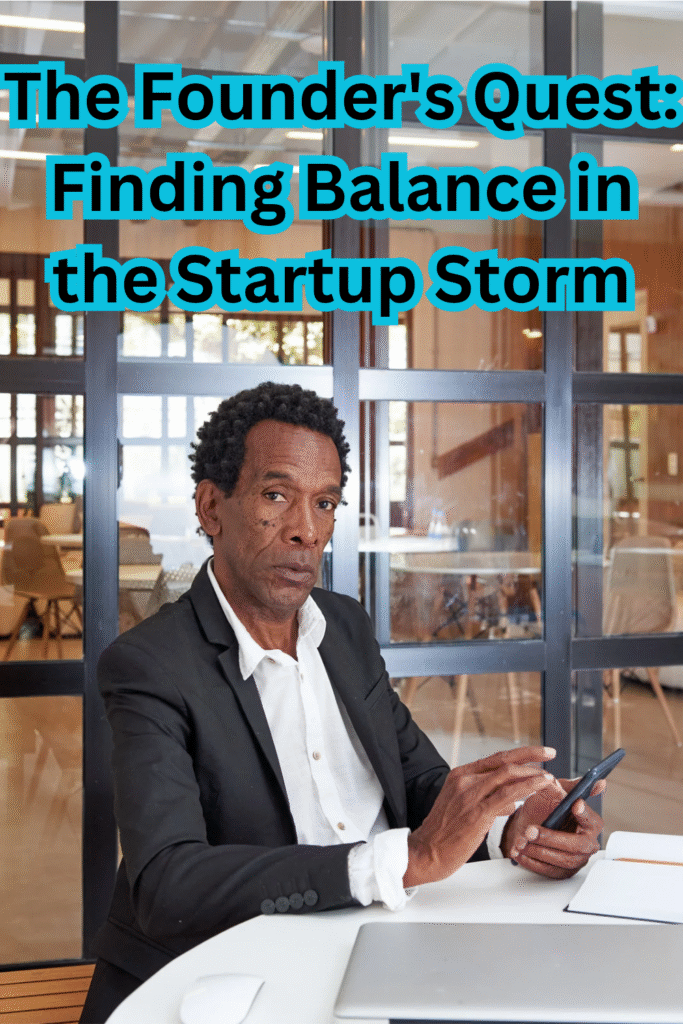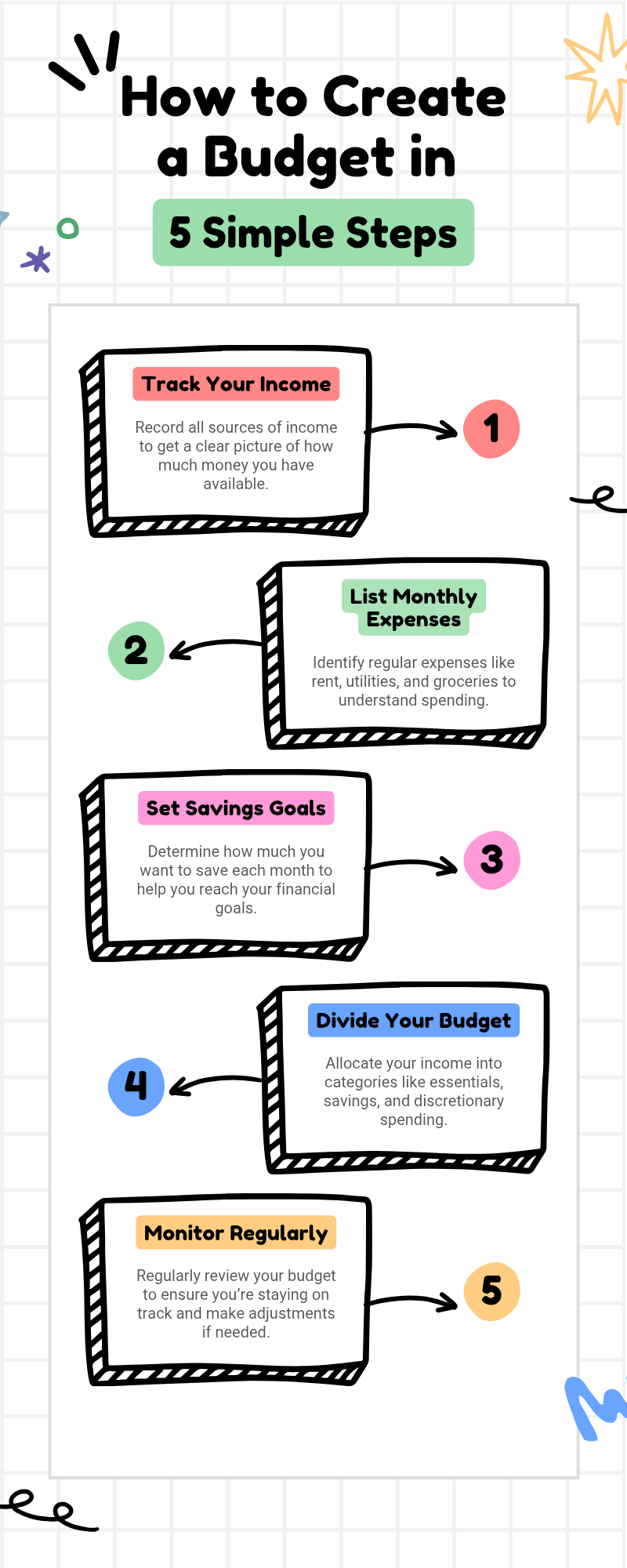
As a founder, you’re often told to eat, sleep, and breathe your startup.
The narrative of the perpetually hustling entrepreneur, working 24/7, sacrificing everything for their vision, is deeply ingrained in startup culture.
While dedication is undoubtedly crucial, this relentless pursuit often comes at a steep price: your well-being, your relationships, and ultimately, your long-term effectiveness.
But what if I told you that achieving work-life balance isn’t a sign of weakness, but a cornerstone of sustainable success?
It’s not about working less, but about working smarter, more intentionally, and with a clear understanding of your priorities.
This isn’t just a feel-good concept; it’s a strategic imperative for any founder who wants to build a thriving company without burning out in the process.
The Founder’s Dilemma: Why Work-Life Balance is So Hard to Achieve
Let’s be honest, the idea of work-life balance for a founder often feels like a cruel joke.
The pressures are immense, multifaceted, and relentless.
You’re not just building a product or service; you’re building a company, a culture, and a future.
This means you’re wearing countless hats: CEO, salesperson, product manager, HR, and often, the janitor.
The weight of expectations from investors, employees, and even yourself can be crushing.
The lines between your professional and personal life don’t just blur; they often disappear entirely.
Your laptop is always open, your phone is always buzzing, and the next urgent task is always lurking.
The “always-on” culture of the startup world glorifies sleepless nights and endless workdays, making it seem like any deviation from this path is a sign of a lack of commitment.
This mindset, while seemingly productive in the short term, is a fast track to burnout, diminished creativity, and ultimately, the demise of your vision.

Videos are added as random thoughts 💭 💭 💭.
Time Management Strategies for the Overwhelmed Founder
While the challenges are real, they are not insurmountable.
Effective time management isn’t about finding more hours in the day; it’s about making the most of the hours you have.
It’s about intentionality and strategic allocation of your most precious resource: time.
Prioritization is Key
One of the most powerful tools in a founder’s arsenal is the ability to prioritize ruthlessly.
Not all tasks are created equal, and focusing on the wrong ones can lead to a lot of busywork with little impact.
The Eisenhower Matrix: Urgent vs. Important
This simple yet effective framework helps you categorize tasks based on their urgency and importance:
Urgent and Important (Do First): Crises, deadlines, critical problems. These demand immediate attention.
Important, but Not Urgent (Schedule): Planning, relationship building, new opportunities, prevention. These are crucial for long-term success and should be scheduled.
Urgent, but Not Important (Delegate): Interruptions, some emails, certain meetings. These can often be delegated to others.
Not Urgent and Not Important (Eliminate):
Distractions, time-wasters. These should be avoided entirely.
By consistently applying this matrix, you can ensure you’re always working on what truly matters.
The 80/20 Rule (Pareto Principle): Focusing on High-Impact Tasks
The Pareto Principle suggests that roughly 80% of effects come from 20% of causes.
In your startup, this means that a small percentage of your efforts will yield the vast majority of your results.
Identify those 20% high-impact tasks and dedicate your prime time and energy to them.
This might mean saying no to opportunities that seem appealing but don’t align with your core objectives.
Time Blocking and Deep Work
In a world of constant notifications and open-plan offices, finding uninterrupted time for deep, focused work is a superpower.
Time blocking involves scheduling specific blocks of time for particular tasks and sticking to them religiously.
Dedicate blocks for deep work, meetings, creative thinking, and even breaks.
During these deep work blocks, minimize distractions by turning off notifications, closing unnecessary tabs, and communicating your availability to your team.
This allows you to achieve a state of flow, where productivity soars and high-quality work is produced.
The Power of Saying No
As a founder, opportunities and requests will constantly come your way.
Learning to say no, politely but firmly, is a critical skill for protecting your time and focus.
This applies to new projects, unnecessary meetings, and even social engagements that don’t align with your priorities.
Remember, every ‘yes’ to something is a ‘no’ to something else. Choose your ‘yeses’ wisely.
Delegation is another form of saying no to tasks that don’t require your unique skills.
Empower your team, trust them with responsibilities, and free up your own time for strategic initiatives.
It’s not about offloading work; it’s about optimizing the collective output of your organization.
Proactive Short-Term Time Management: Winning the Day
Beyond long-term strategies, mastering short-term, day-to-day time management is crucial for maintaining momentum and preventing small delays from snowballing into major setbacks.
It’s about being proactive, not reactive, in how you approach each day.
The “First Hour” Rule
How you start your day often dictates its trajectory.
Instead of immediately diving into emails or reacting to urgent messages, dedicate your first hour to your most important task (MIT).
This is the one task that, if completed, would make the biggest difference to your day or your business.
By tackling your MIT first, you ensure that even if the rest of your day goes off the rails,
you’ve already made significant progress on what truly matters.
This builds a sense of accomplishment and sets a positive tone for the hours that follow.
The Two-Minute Rule
Inspired by David Allen’s Getting Things Done methodology, the Two-Minute Rule is incredibly simple yet powerful:
If a task takes less than two minutes to complete, do it immediately.
Don’t defer it, don’t add it to a to-do list, just get it done.
This applies to replying to a quick email, making a short phone call, filing a document, or tidying your workspace.
These small tasks, if left undone, can accumulate and create mental clutter, leading to overwhelm.
By addressing them instantly, you keep your plate clear and your mind focused on bigger priorities.
Batching Similar Tasks
Context switching is a silent killer of productivity.
Every time you switch from one type of task to another (e.g., from writing code to answering emails to making calls), your brain has to reorient itself, leading to lost time and mental energy.
Batching involves grouping similar activities together and dedicating a specific block of time to complete them.
For example, instead of checking emails sporadically throughout the day, designate two or three specific times to process your inbox.
Similarly, schedule all your calls back-to-back, or tackle all administrative tasks in one go.
This minimizes context switching, improves focus, and significantly boosts efficiency.
Building a Sustainable Work-Life Integration
Work-life balance isn’t about rigidly separating your work and personal life; for many founders, that’s an impossible dream.
Instead, it’s about integrating them in a way that allows both to flourish without one constantly cannibalizing the other.
It’s about creating a sustainable rhythm that supports your long-term well-being and the health of your business.
Schedule Downtime: Your Non-Negotiable Appointment
Just as you schedule important meetings and deadlines, you must schedule downtime.
This isn’t a luxury; it’s a necessity. Treat personal time, hobbies, exercise, and time with loved ones as non-negotiable appointments.
Put them in your calendar and protect them fiercely.
Whether it’s an hour at the gym, a quiet evening with a book, or a weekend getaway, these moments of disconnection are vital for recharging your mental and emotional batteries.
They prevent burnout, spark creativity, and help you return to your work with renewed vigor and perspective.
The Importance of Sleep and Health
It sounds obvious, but in the relentless pursuit of startup success, sleep, nutrition, and exercise are often the first casualties.
This is a critical mistake. Your physical and mental well-being are the foundational pillars of your productivity, decision-making, and resilience.
Chronic sleep deprivation impairs cognitive function, reduces creativity, and makes you more susceptible to stress and illness.
Prioritize getting adequate sleep (7-9 hours for most adults), fuel your body with nutritious food, and incorporate regular physical activity into your routine.
These aren’t just good habits; they are strategic investments in your capacity to lead and innovate.
Leveraging Technology: Your Ally, Not Your Master
Technology, while often a source of distraction, can also be your greatest ally in achieving work-life integration.
Utilize tools and apps to automate repetitive tasks, delegate effectively, and manage your time more efficiently.
Project management software, communication platforms, and scheduling tools can streamline your workflow and free up valuable mental bandwidth.
However, remember that technology is a tool; it should serve you, not the other way around.
Set boundaries with notifications, designate specific times for checking emails, and resist the urge to be constantly connected.
Use technology to create space, not to fill every fill every fill it. every available moment.
Conclusion
Achieving work-life balance as a founder is not a luxury; it’s a necessity for sustainable success and personal well-being.
It’s a continuous journey of self-awareness, intentionality, and strategic choices.
There will be times when work demands more, and times when personal life takes precedence.
The goal isn’t perfect equilibrium every single day, but rather a dynamic integration that allows you to thrive in both your entrepreneurial endeavors and your personal life.
By prioritizing ruthlessly, mastering time management techniques, being proactive in your daily approach, and consciously building a sustainable work-life integration,
you can navigate the demanding world of startups without sacrificing your health or happiness.
Remember, a well-rested, balanced founder is a more effective,
innovative, and resilient leader.
Invest in yourself, and your company will reap the rewards.
